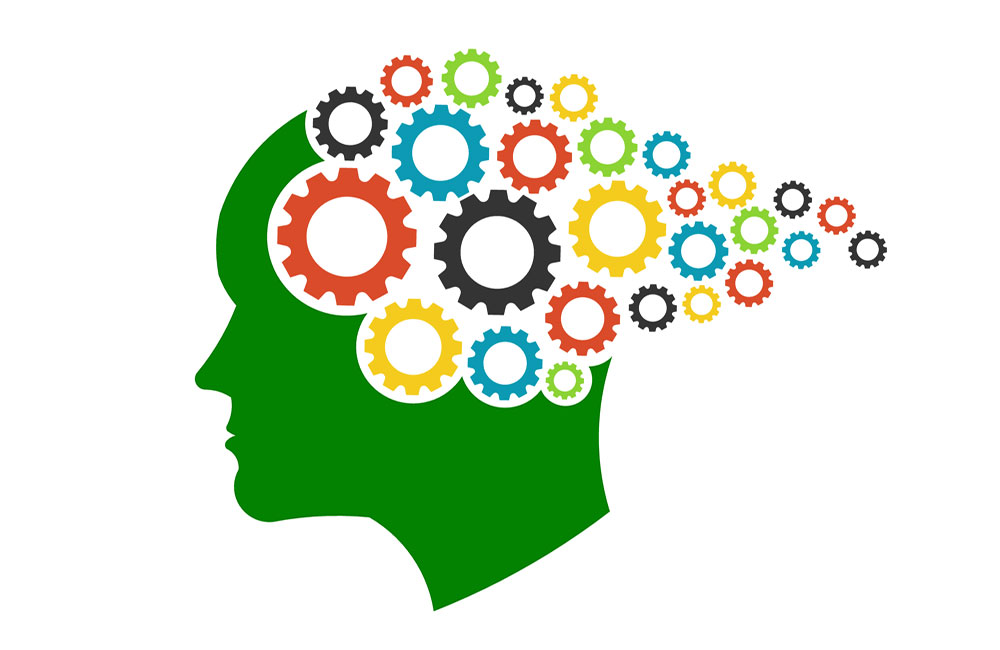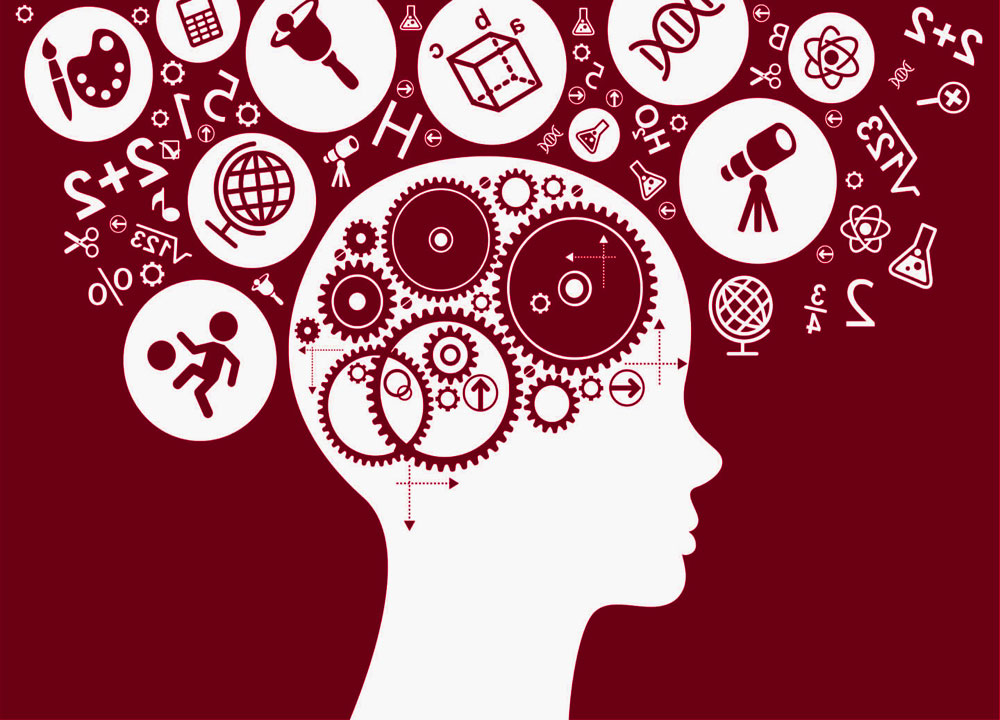We would all like to be able to learn better. Given an expanding universe of knowledge that doubles every decade, the ability to learn is critical to our success in life, if not our very survival. In the first of a series of podcasts, I will share what I have learned over a lifetime of teaching others and learning how to learn better myself. I have been a successful learner all my life, through schooling up to a Ph.D. in Education and throughout my adult life. I’d like to share some valuable tips to help anyone maximize their learning and become a Superlearner.
You’ve probably met people for whom learning appears effortless. No matter what subject they take up, they quickly master it, acquiring new knowledge and skill along the way. Why are some people such great learners? Traditionally, we have thought it was all dependent upon superior intellect – some people are simply born smarter, blessed with a genetic advantage that psychologists attempt to measure with intelligence tests. While genetics undoubtedly plays a role in human capability to learn, it is not the sole explanation for superlearning. Instead, educators have discovered that those who do well in school and who learn new things easily throughout their lives possess a set of skills that accelerate and deepen their learning beyond what most of us achieve. These skills encompass not the subject of learning, but the process of how to learn.
Since we can’t do much about our genetic inheritance, it’s important to maximize our ability to learn by adopting the successful strategies of superlearners. Though each of us has a unique preferred learning style, developed through our life experience, the superlearner has a much larger range of styles and strategies to support their learning effort, making them much more successful as a result.
Here is a list of the keys to superlearning, each of which will be the subject of a podcast in the Learning to Learn: Becoming a Superlearner series:
- Attitude – curiosity, open-mindedness and motivation are key attitudes that drive learning behavior and outcomes
- Metacognition – thinking about thinking, being self-aware, creating learning strategies
- Memory – using mnemonics and associations to improve memory and recall
- Research – identifying reliable sources of information, curating and applying research findings
- Evidence – evaluating facts vs. opinions, interpreting information
- Experimentation – applying the scientific method to confirm truth and discover new things
- Practice – perfecting practice, learning from mistakes, developing good learning habits
Enjoy the journey!
Dr. Don Ford


